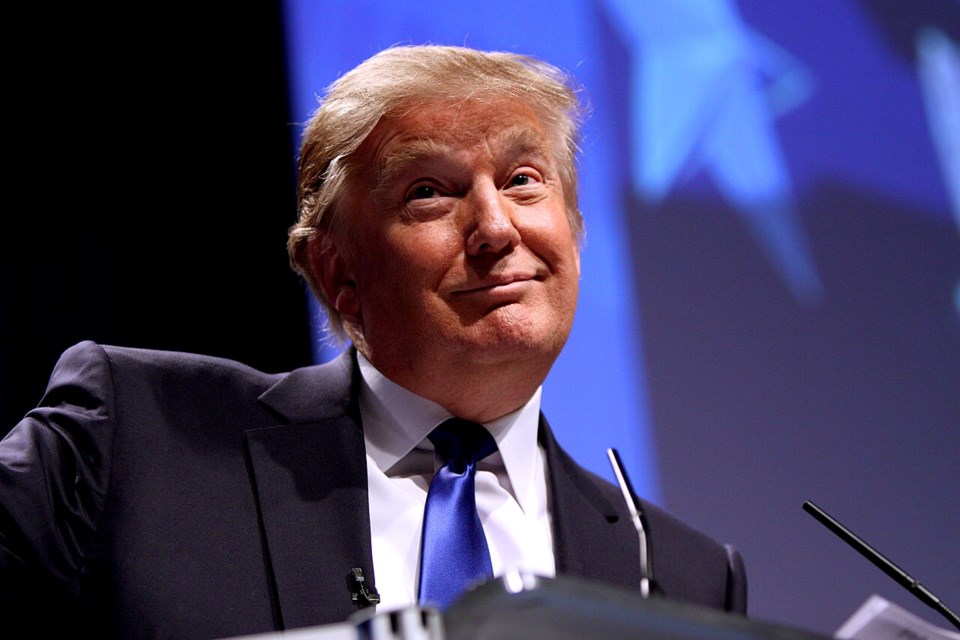Donald Trump’s victory in the United States presidential election has precipitated an exodus from the social media platform formerly known as Twitter. Every day, users claim that “X” has become a haven for Republican Party supporters. The ubiquitous presence of Elon Musk on the “For You” tab is also too much for some (this nuisance can easily be dealt with by adding his name to a list of muted words).
Still, a couple of percentage points in three states would have probably filled “X” with a barrage of aggressive Democratic Party supporters, characterizing Republicans as hicks with little or no education. There have always been rivalries in politics. What sets the current situation apart is a fervour that is not related to political leanings. We are bound to find people accusing each other of being “MAGA” or “Tru-Anon” every day of the week.
A cult is often defined as a group which is typically led by a charismatic leader, who tightly controls its members, requiring unwavering devotion to a set of beliefs and practices which are considered outside the norms of society. With this definition in mind, we asked Canadians and Americans if it is fair to refer to specific groups as cults.
More than a third of Canadians (35 per cent) believe it is fair to brand followers of the Conservative Party and Pierre Poilievre as a cult. The proportions are slightly lower for followers of the Liberal Party and Prime Minister Justin Trudeau (33 per cent), followers of the People’s Party and Maxime Bernier (31 per cent), followers of the New Democratic Party (NDP) and Jagmeet Singh (also 31 per cent) and followers of the Green Party and Elizabeth May (26 per cent).
As expected, supporters of specific parties are quick to negatively brand others. For 44 per cent of Conservative voters in the 2021 election, followers of Trudeau and the Liberals are a cult. For 44 of NDP voters in the same federal contest, followers of Poilievre and the Conservatives are a cult. In a nutshell, the “other team” is intellectually inferior to ours.
Canadians are more likely to brand two groups as cults: people who participated in the protests and blockades against restrictions and mandates related to the COVID-19 pandemic in Ottawa and other parts of Canada (40 per cent), and people who refuse to be vaccinated against COVID-19 (36 per cent).
Our perceptions have a slight regional twist. At least two in five residents of British Columbia (41 per cent), Ontario (41 per cent), Atlantic Canada (also 41 per cent) and Quebec (40 per cent) think it is fair to refer to protest and blockade participants as a cult. The proportions are slightly lower in Alberta (38 per cent), and Saskatchewan and Manitoba (36 per cent).
When Canadians look to the south, the results are different. Fewer than a third brand two groups of Americans as cults: followers of the Democratic Party and Vice-President Kamala Harris (30 per cent) and followers of Robert Kennedy Jr. (29 per cent). However, almost half (47 per cent) think it is fair to refer to followers of the Republican Party and president-elect Donald Trump in the United States as a cult.
In a rare show of intergenerational unity, Canadians aged 18-34 and aged 55 and over are more likely to think of Trump supporters in the United States as a cult (48 per cent and 50 per cent respectively) than Canadians aged 35-54 (42 per cent). Majorities of Canadians who cast ballots for the New Democrats or the Liberals in 2021 believe today’s American Republican supporters amount to a cult (63 per cent and 54 per cent respectively), compared to 40 per cent among Conservative voters.
The views of Americans on the five entities that we tested on both sides of the 49th Parallel are similar. Practically half (46 per cent) think followers of the Republicans and Trump can be described as a cult—higher than what is observed for COVID protesters (42 per cent) and vaccine refusers (39 per cent), and lower than the results for Kennedy Jr. (38 per cent), and Harris and the Democrats (37 per cent).
As expected, more than half of Americans who describe themselves as Democrats (56 per cent) have no qualms about branding Trump supporters as a cult. The proportions are lower among Republicans (41 per cent) and independents (34 per cent).
A lesson from the American presidential election that Canadian politicians could take to heart is the extreme failure of attempts to belittle rivals. Canadians on either side of the political spectrum have been quick to blame “the others” for current problems or a lack of solutions. If a politician shows up too often, he is an “attention seeker.” If he is not in the media enough, he is hiding. Everything becomes negative, but voters are unmoved.
At this stage, Canadians do not feel the comparisons between Trump and Poilievre are warranted. There is a significant difference in the way each politician, and the people who support him, are regarded. Canadians aged 55 and over—the heaviest participants in federal elections—are not likely to look at their own country as taken over by centre-right minded cults (28 per cent for Poilievre), but their views change dramatically when they look at the United States (50 per cent for Trump).
Mario Canseco is president of Research Co.
Results are based on an online survey conducted from Nov. 8-10, 2024, among 1,000 adults in Canada and 1,001 adults in the United States. The data has been statistically weighted according to Canadian census figures for age, gender and region in each country. The margin of error—which measures sample variability—is plus or minus 3.1 percentage points, 19 times out of 20, for each country.





